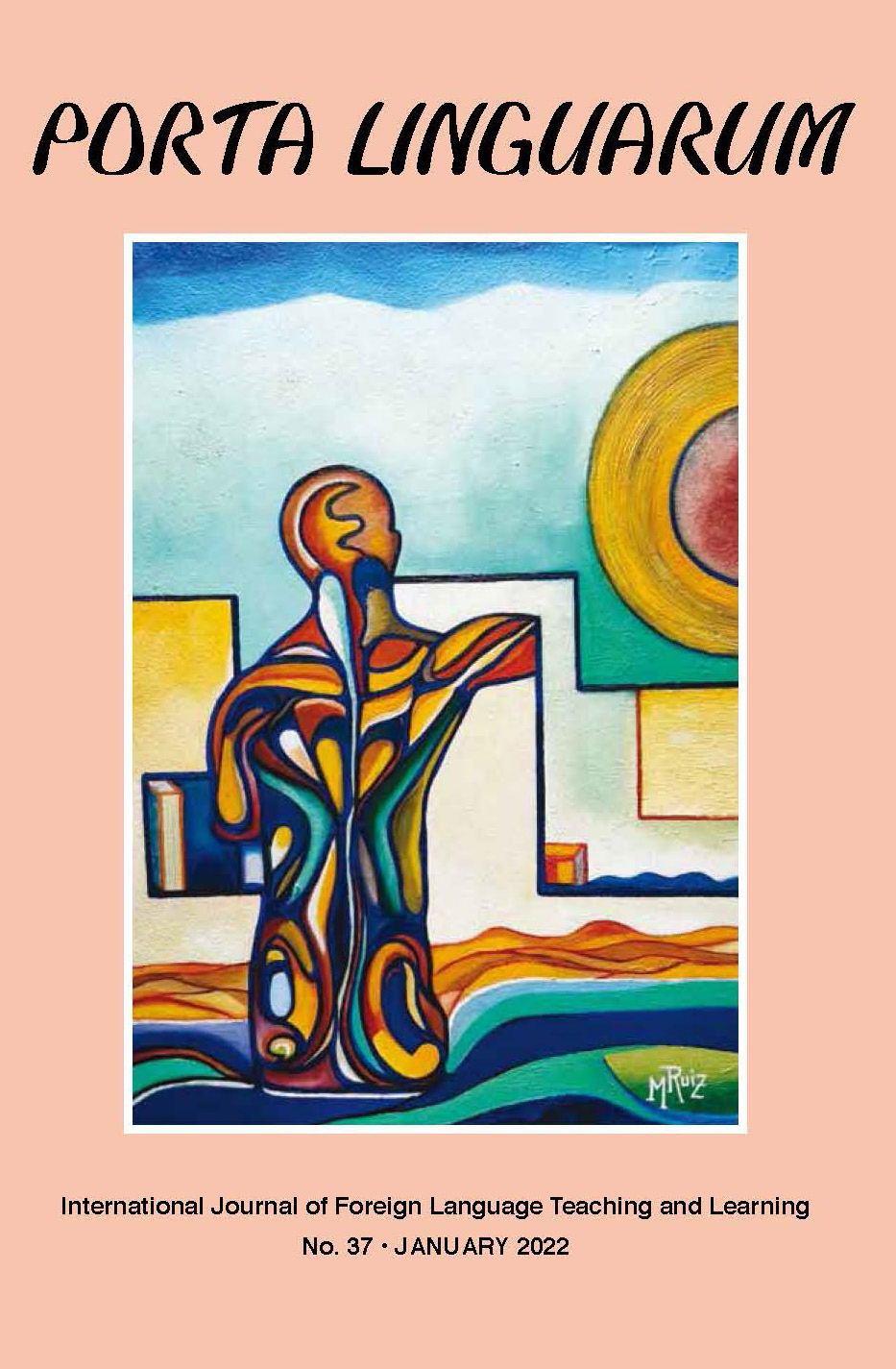Role of EFL Learners’ Perceptions of Task Difficulty in Complexity, Accuracy and Fluency: An Exploratory Case Study
DOI:
https://doi.org/10.30827/portalin.vi37.15855Keywords:
Accuracy, Complexity, fluency, Task Difficulty, Task FamiliarityAbstract
This paper presents an investigation conducted in a public university in central Mexico into the possible influence of learners’ perceptions of task difficulty (TD) on levels of complexity, accuracy and fluency (CAF) during the performance of three tasks (personal information, narrative and decision-making tasks). Firstly, four learner pairs performed the three tasks, and their levels of CAF were measured. Secondly, the participants were interviewed retrospectively about which tasks they perceived as difficult and their reasons for such perceived difficulty. In combining the quantitative and qualitative analyses, the data reveal that task difficulty increases when a task is perceived not to be familiar by the learner. The relationship between task difficulty and familiarity also appears to influence the levels of CAF, promoting high levels of fluency and accuracy when the task is perceived by the learner as easy and familiar. The findings of this study provide support for a cognitive approach to task-based language learning and put forward the need to include learners’ perceptions of TD as a variable to investigate the relationship between tasks and the CAF dimensions.



















